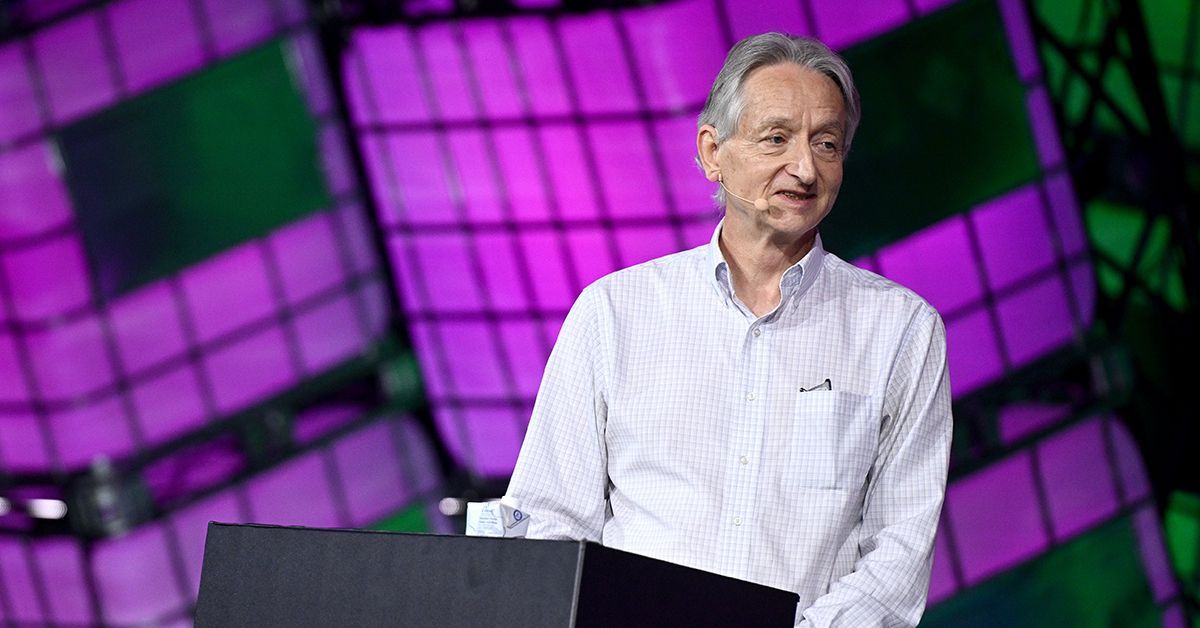Islamabad, June 18, 2025: Geoffrey Hinton, known as one of the “Godfathers of AI,” has sounded the alarm over the rapid and unsettling progress of artificial intelligence, warning that not enough people are taking these dangers seriously.
“There’s risks that come from people misusing AI, and that’s most of the risks and all of the short-term risks. And then there’s risks that come from AI getting super smart and understanding it doesn’t need us,” Hinton, a former Google VP and 2018 Turing Award recipient, told the “Diary of a CEO” podcast.
Use of AI like ChatGPT is spreading with students usng it for homework, CEOs mandating its adoption, and tech leaders such as Mark Cuban and Jensen Huang stating that AI could be the decisive factor in future success or failure.
Despite the technology’s surge, many engineers still don’t fully understand how AI systems evolve or make decisions. This lack of clarity has split experts: some foresee a future AI uprising that displaces humans, while others dismiss such concerns as fiction.
“I consider both extremes,” said Hinton, now 77. “I’d put a 10–20% chance that AI could wipe us out—just a gut feeling given our ingenuity. But if enough smart minds tackle this, we might design systems that don’t harm us.”
Short-term problems also loom. AI can generate “hallucinations”—false statements presented as facts—and produce convincing fake images, audio, or video. Additionally, it may automate entry-level white-collar jobs, even as certain experts believe it will also create new opportunities.
READ MORE: Young Innovator Builds AI-Based Sindhi Calculator
AI scams are on the rise, warn Chris Groshong and Joseph Albiñana of crypto compliance firm CoinStructive. Scammers can now create deepfake video calls to steal personal information and money.
Hinton called our present moment a turning point in human history. His message: uncertainty about the future is huge—and growing.
READ MORE: World’s First Living Computer Built With Human Brain Cells
Geoffrey Hinton stepped down from Google in May 2023 to speak freely about these issues, emphasizing that while AI delivers major benefits—especially in healthcare, it also demands urgent regulations. He recommends boosting AI research and banning AI-equipped military drones. In his view these measures are necessary to protect the society.
For individuals, he suggests practical steps: spread your assets across multiple banks and back up data frequently. He personally holds money in three different banks. These simple measures help minimize losses and keep your digital life secure in an increasingly AI-driven world.









